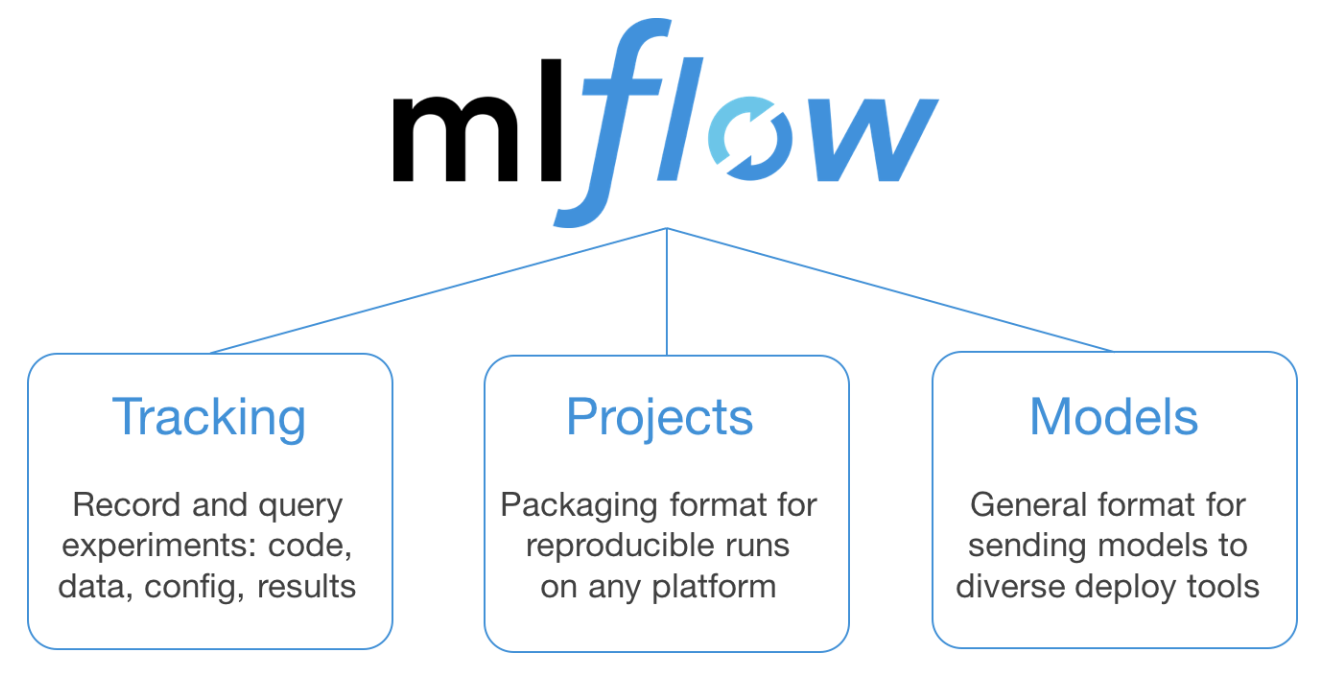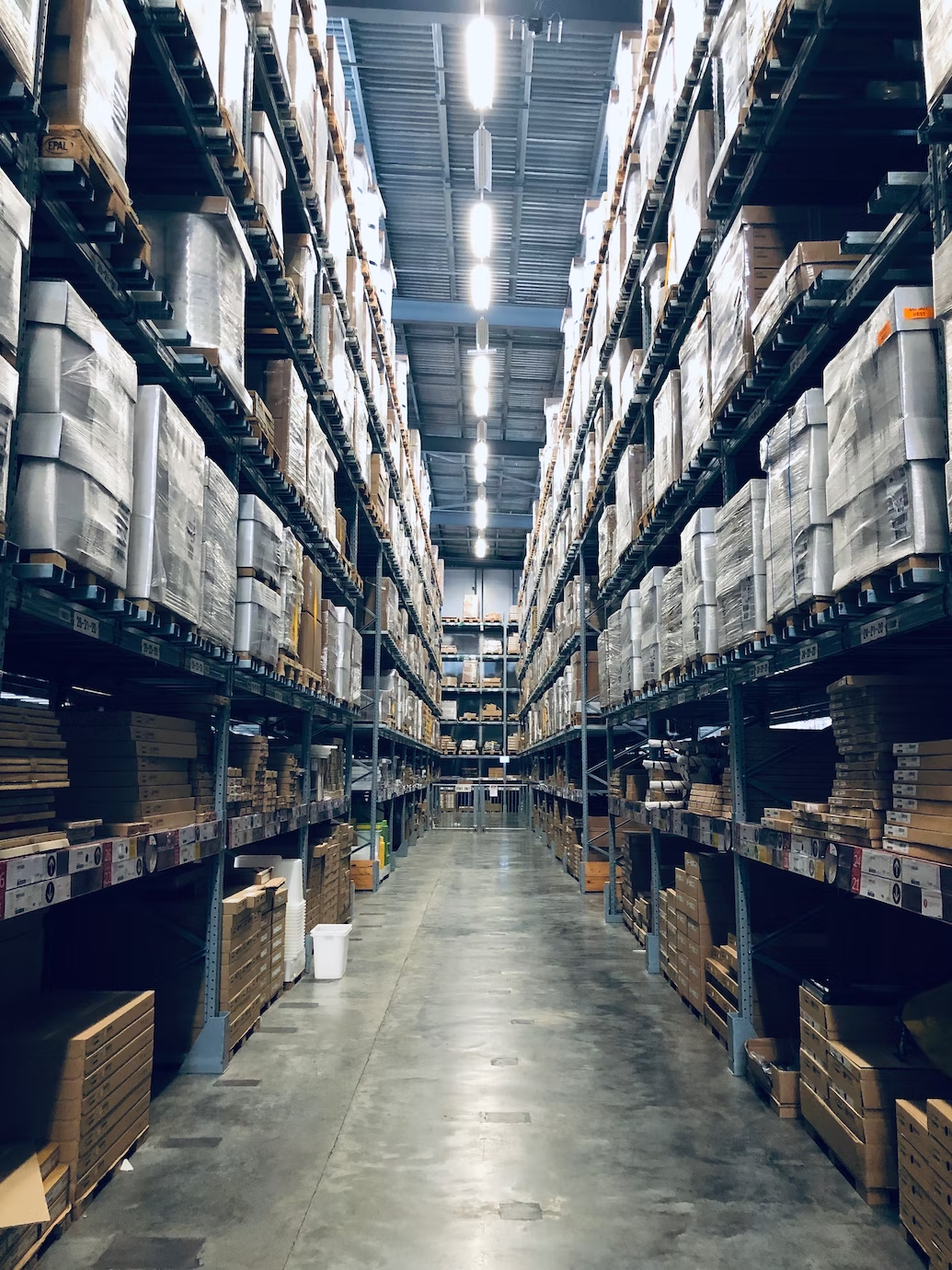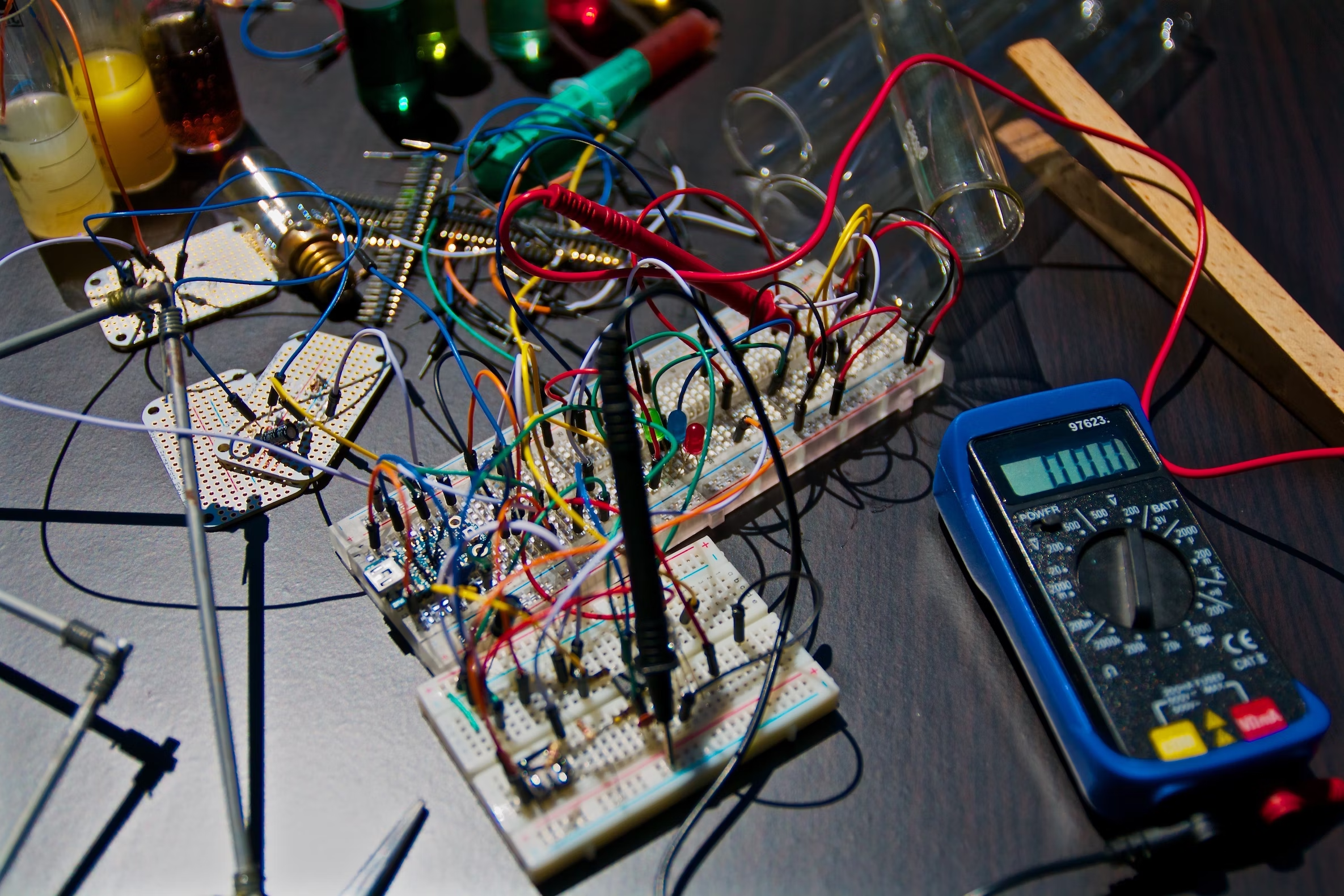Designing reproducible experiments
Developing Machine Learning Models for Production

Sinan Ozdemir
Data Scientist and Author
Reproducible experiments
- Ensure accuracy and reliability.
- Easier to replicate results.
- Allow for better collaboration.
- Help reduce the risk of bias in ML models.
- Bolster the integrity of the research process.
MLflow
An open-source platform for tracking and managing machine learning experiments. MLflow can be used to:
- Create reproducible ML pipelines
- Track and manage:
- package dependencies
- code versions
- experiment settings
- Allows multiple users to access experiments

1 https://www.databricks.com/blog/2018/06/05/introducing-mlflow-an-open-source-machine-learning-platform.html
Example of using Mlflow
# standard scikit-learn imports
from sklearn.ensemble import RandomForestClassifier
from sklearn.model_selection import train_test_split
from sklearn.metrics import accuracy_score
# new imports from MLflow
import mlflow
import mlflow.sklearn
Example of using MLflow cont.
with mlflow.start_run(): # Start an MLflow run assuming we have data prepared
# Build and train model
rf = RandomForestClassifier()
rf.fit(X_train, y_train)
# Log parameters and model information
mlflow.log_param("n_estimators", rf.n_estimators)
mlflow.sklearn.log_model(rf, "model")
y_pred = rf.predict(X_test) # Evaluate model
accuracy = accuracy_score(y_test, y_pred)
mlflow.log_metric("accuracy", accuracy) # log the test accuracy metric
Tracking code
- Logging code versions and changes with MLflow
- Comparing different versions of code
- Identifying which version of the code was used to produce a given set of results
- Easily reproducing experiments
- Making it easy to debug and troubleshoot code
Model registries
- Centralized repository of models and their metadata
- MLflow can be used to log, store and compare different versions of models
- Reproducing entire ML pipelines
- Used for comparing models
- Ensuring accuracy and reliability of models

Experiment reproducibility
- Tracking and logging input data, code, and settings
- Reproducing entire ML pipelines
- Building trust in the results of machine learning models
- Allowing others to verify and build upon the work
- Ensuring results are consistent across different runs

Revisiting documentation
- Documentation is essential for reproducible ML and should include information about:
- Models' input data.
- The code used to create models.
- Any settings used in an experiment.
- The results of the experiment (which model was chosen, etc)
- Documentation should be accessible
- Meant to be a full record of an experiment
Let's practice!
Developing Machine Learning Models for Production

